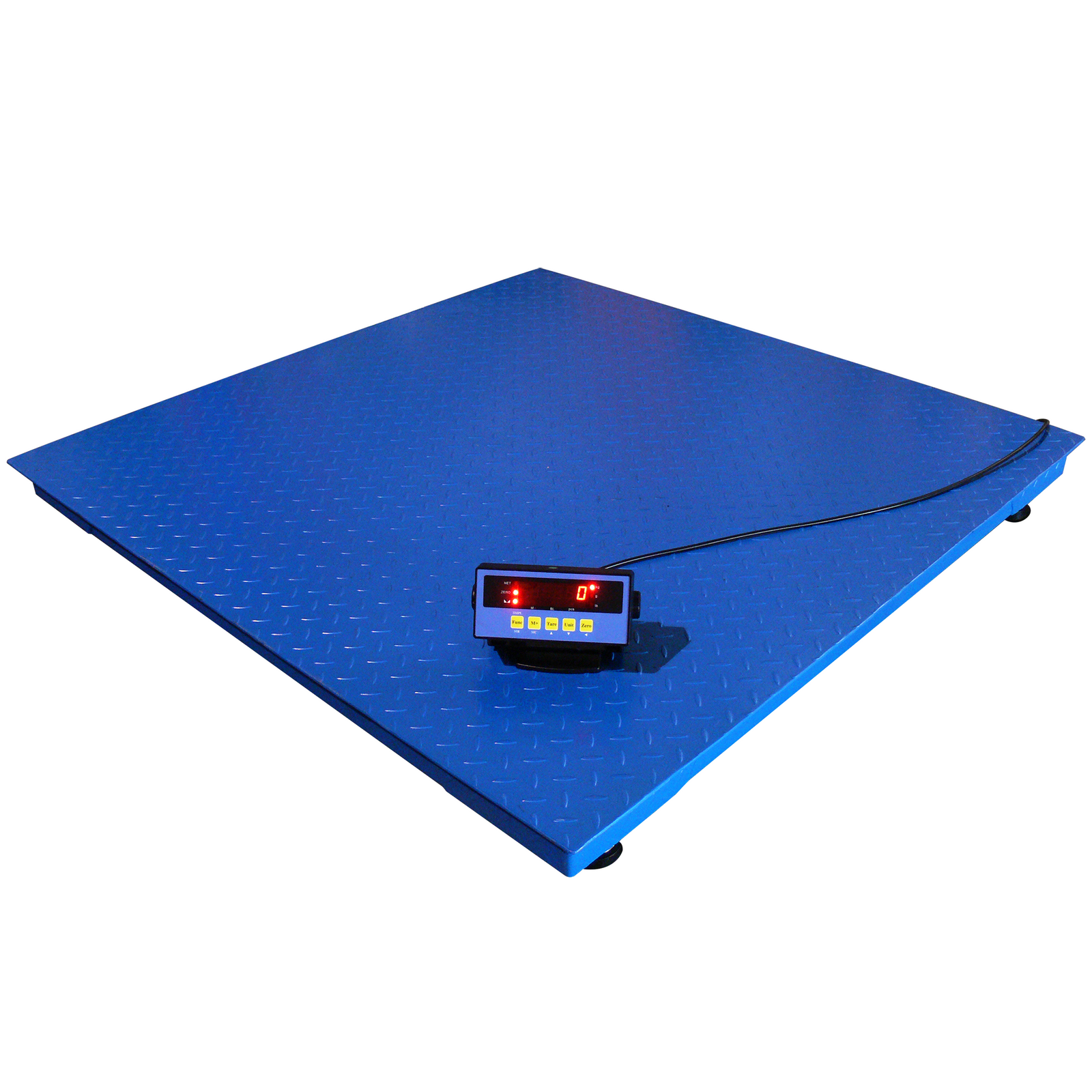Enhance Your Business Procedures With Reliable Industrial Scales
In today's competitive landscape, the accuracy of industrial scales plays an essential duty in improving overall service operations. As organizations look for to optimize efficiency, recognizing the different kinds of scales and their technical developments becomes crucial.
Importance of Accurate Weighing
Accurate evaluating is important in numerous commercial applications, as even small inconsistencies can result in significant financial losses and operational ineffectiveness. Industries such as manufacturing, logistics, and food handling depend upon precise dimensions to ensure product top quality, regulatory compliance, and optimal resource management. Incorrect weights can cause overproduction, waste of basic materials, or insufficient supply, influencing success and client complete satisfaction.
Moreover, exact considering is essential for safety and security and ecological compliance. In the chemical market, inaccurate dimensions can lead to inappropriate mixtures, resulting in unsafe scenarios or legal ramifications. In the food sector, exact weighing is crucial for adhering to nutritional labeling requirements, ensuring that consumers get precise info concerning the items they buy.
The integration of trustworthy industrial ranges not just boosts operational performance however also supports data-driven decision-making. Companies that prioritize specific weighing can enhance inventory management, enhance supply chains, and decrease costs connected with returns and revamp. Consequently, purchasing top quality commercial weighing services is important for services intending to preserve an one-upmanship in today's dynamic industry. Exact weighing ultimately acts as a structure for operational excellence and sustainable development.
Kinds of Industrial Scales
Industrial ranges can be found in numerous types, each made to meet certain weighing demands throughout various sectors. Amongst the most usual kinds are system ranges, which give a big considering surface ideal for hefty things, making them suitable for stockrooms and making facilities. These scales often include electronic screens for very easy analysis.
One more kind is bench scales, which are normally smaller sized and mobile, excellent for usage in laboratories or retail settings. They allow for fast dimension of smaller sized products while keeping precision. For applications requiring the weighing of liquids, container scales are particularly created to measure the weight of tank, guaranteeing precise inventory monitoring.
Crane scales are additionally notable; they are put on hold from a framework to evaluate heavy products in industrial settings. Each type of industrial range serves a special objective, boosting functional efficiency throughout varied markets.
Advantages of Modern Technology

Furthermore, contemporary industrial scales frequently come geared up with connectivity features that make it possible for seamless assimilation with other systems, such as inventory monitoring and production tracking. This interconnectivity fosters a more natural workflow and decreases This Site downtime, as organizations can keep track of efficiency metrics and make data-driven choices immediately.
Additionally, many modern scales provide adjustable settings and straightforward interfaces, enabling drivers to adjust their equipment for certain operational demands. Enhanced durability and resilience versus harsh ecological problems better contribute to the longevity and dependability of modern-day ranges, guaranteeing they can withstand the roughness of industrial use.
Selecting the Right Equipment
Various markets may require distinct kinds of ranges, such as floor ranges for heavy lots, bench ranges for smaller sized items, or portable ranges for adaptability. Additionally, thinking about the environment in which the scales will be utilized is crucial. Tools made use of in harsh atmospheres might need to be rugged and immune to dust, dampness, or severe temperature levels.
An additional critical aspect is the innovation made use of in the scales. Digital scales commonly provide boosted accuracy and ease of usage, while analog ranges may be sufficient for less requiring applications. It is vital to assess the scalability of the tools, making sure that it can accommodate future growth or modifications in production processes.
Last but not least, organizations ought to consider the online reputation and integrity of manufacturers, as purchasing top quality equipment can bring about long-lasting expense financial savings and boosted functional efficiency.
Maintenance for Longevity
Normal maintenance is crucial for making certain the longevity and ideal efficiency of commercial scales. An organized method to upkeep not just prolongs the life of the tools however likewise assures accurate measurements critical for operational effectiveness.
Begin with regular evaluations to recognize wear and tear, guaranteeing elements such as lots cells and screens operate correctly. Calibration checks should be carried out frequently, preferably after substantial changes in environmental conditions or complying with hefty usage. Precise calibration is important for conformity with market requirements and for preserving the integrity of weight measurements.
Additionally, it is a good idea to develop an upkeep schedule that records each solution see, calibration, and any type of fixings performed. This documentation help in tracking equipment efficiency and planning for future upkeep demands.
Last but not least, educating personnel on proper use and care methods will decrease the chance of driver mistake, additionally improving range reliability. official site By prioritizing normal upkeep, businesses can make sure that their industrial scales remain a dependable property in their procedures.
Conclusion
In summary, the integration of reliable commercial ranges is necessary for improving organization procedures across various sectors. Accurate evaluating not only reduces disparities however additionally enhances supply management and guarantees conformity with sector standards. The selection of appropriate devices, coupled with modern-day technical advancements, can significantly improve effectiveness and lower functional prices. Regular upkeep and training further add to the longevity and accuracy of these ranges, cultivating data-driven decision-making and eventually supporting general company success.
Industrial ranges come in various types, each designed to satisfy details weighing requirements across different industries. Crane scales are also notable; they are put on hold from a framework to weigh hefty materials in industrial setups.Various industries may require distinct types of scales, such as floor ranges for heavy loads, bench ranges for smaller sized products, or mobile ranges for flexibility - Industrial Scales. Digital ranges commonly supply boosted accuracy and convenience of use, while analog scales may be adequate for much less demanding applications.In summary, the combination of trusted commercial scales is crucial for improving business procedures across various markets